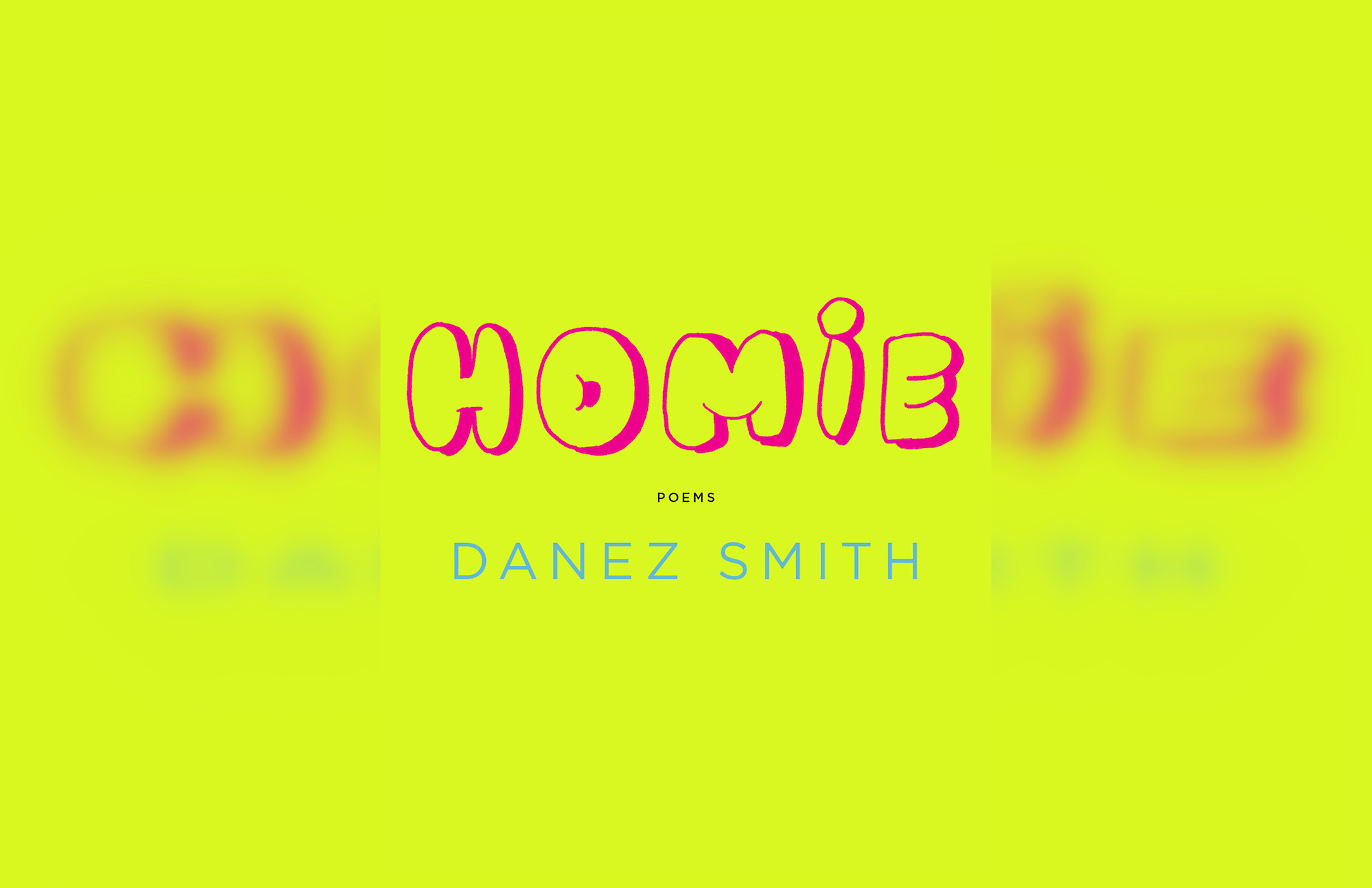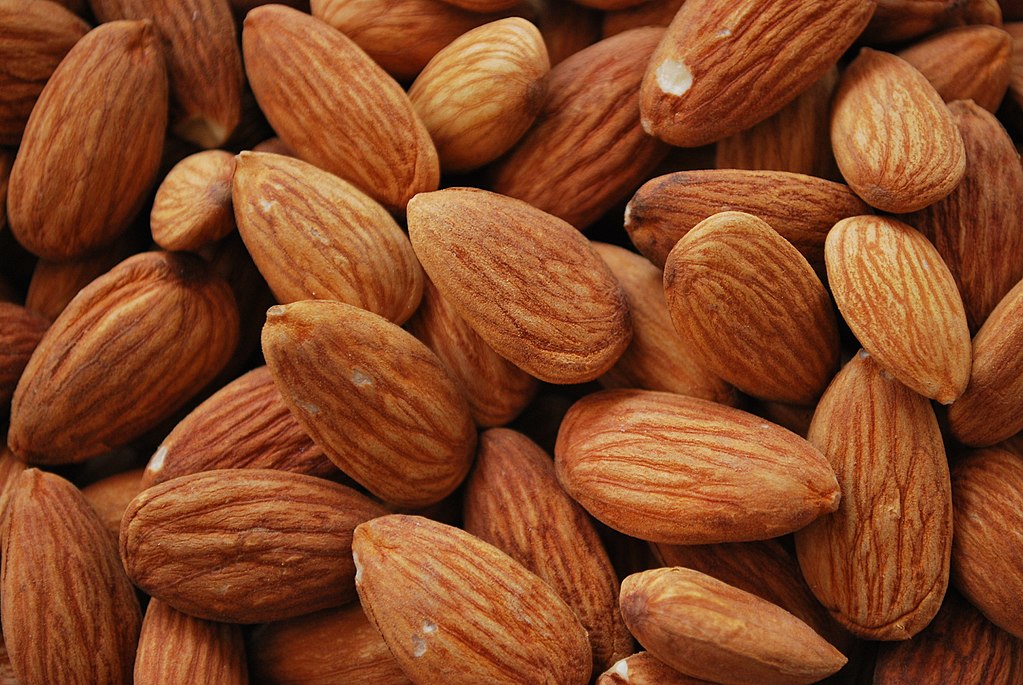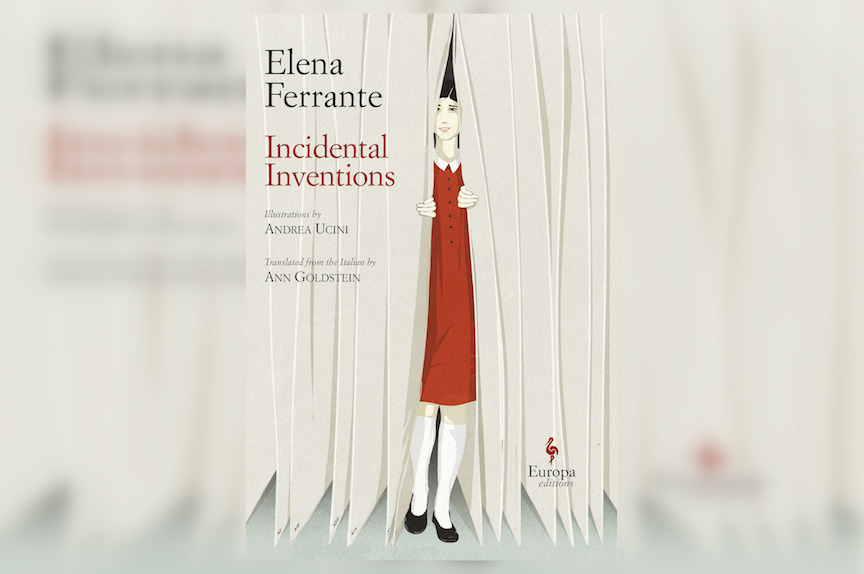Danez Smith’s newest collection, Homie, takes their readers on a dazzlingly divine, chaotic, radically loving, and politically astute hang-out. Smith is a black and queer poet-performer who also wrote the acclaimed collection, Don’t Call Us Dead (Graywolf, 2017). They craft their follow-up book to come out swinging as a commemoration of friends, the black community, and the queer self. Smith observes the world around them with a sense of beautiful kindness.
In “my president,” Smith brings that kindness to the forefront by electing and making known people who would normally go under the radar as leaders. Smith voices, ‘& the trans girl making songs in her closet, spinning the dark into a booming dress? she too is my president.’ There is a beauty in acknowledging underrepresented voices, giving them a space to be loved, identified, and respected. These lines suggest through the elevation of someone’s identity that anyone can be president, anyone can be inspiring, anyone can be beautiful.
Smith continues to generate a light of solidarity and celebration, shouting “my n****s!”, to everyone they love and admire. There is a circle of trust, a circle of pride in their black community, in their brown community, into every community they find themselves in. For instance, in the poem ‘shout out to my n****s in Mexico’, Smith utters, ‘our long stories impossible/ to tell for real without their names/ which became our names. all that plot twisted up in the blood, but tonight the land hums…’ Smith creates solidarity amongst marginalized people and their ancestry by forging a table and then giving a seat to everyone worthy. There is a comforting kindness that they bring with the words. It’s silly, campy, but teeming with truth.
Community and love can even be found in mourning and change, at least in their poems, ‘happy hour’ and ‘waiting on you to die so I can by myself.’ These poems, which resonated with me the most, exist in the book back-to-back, and I am thankful for that. They follow a tenderness, a swallowing that is hard to describe. In “happy hour,” Smith coos, ‘drink your dead, get throwed off their leaving, the duty of the last.’ This poem treads the idea of death, but brings it color: washed in blue, purples, and happiness. We must mourn the dead our way so let’s drink to them and celebrate them. That is a beautiful way to approach friendship, family, and grief. Smith’s poem moves that song through and through.
‘waiting on you to die so I can be myself,’ which sings of the expectations of gender and society. Smith re-claims the idea of gender identity, ‘a thousand years of daughters, then me. what else could I have learned to be.’ Smith’s poem speaks of the beauty of different kinds of femininity, how to break down set gender norms, and what it means to be a person, perhaps in a feminine non-gendered body. There is a freedom in destroying expectations for the body and just being yourself so you may become free. This poem is an exceptional piece that elevates Homie into sacred realms: the domain of a queer god who breaks down gender norms and brings respect to a person’s body along the way.
Smith goes on to tell harsh truths about love, friendship, HIV, and cancer. By taking an honest look at these relationships and issues that affect many people’s lives, they create a welcoming feeling for their readers. If you didn’t before, you should feel welcomed now. There is room for anyone as long as they respect and allow themselves to see and understand the home Smith builds through this collection. Such as in ‘self-portrait as ’90s R&B video’, Smith creates a refuge using sad near windows and iced-out ropes, and by burning “this whole shit down / like Left Eye would, like any good wife. / whatever survives will be my kingdom.” If you are willing to stay and make yourself comfortable, even the wreckage of an old house can be transformed into a palace.
Homie is a love song and a deep-dive diary into the glittering world that we might miss in our everyday lives. It is potent, political, and present. However, what poetry book is not? If it isn’t, then the writer is doing something wrong. It is what poetry is evolving to be and should be: a solidarity chant to prepare us for the battles we face ahead. Poetry should understand the human struggle with the world. We need to tell our stories and raise our voices against damage done to make changes.
Poetry, like Smith’s work, should invite the reader into a perspective they haven’t experienced. How does it look to be a queer person in society, a black person in society, a person dealing with generational trauma? But, it is only with an open mind and heart can one learn something new. These poems are for the open mind, for the political landscape of our current world, for those who need to move through it, make a home, find a homie and love them. Poets need to embrace the truth of the world because only then do we as people get something done.




